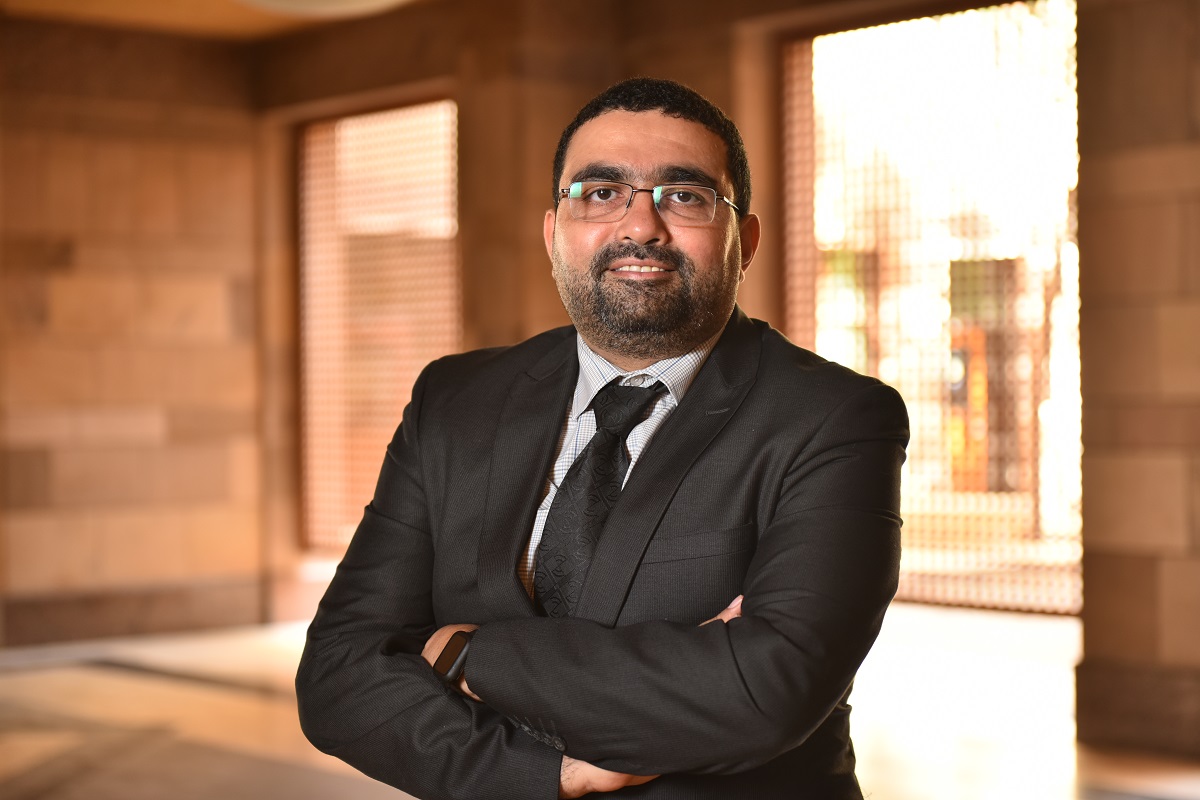
Message from the Chair
"Physics is the liberal arts education for a technological society." this is according to Joseph M. Pimbley, Physics Today, January 1997, p. 46, as it provides the intellectual discipline and the necessary tools to tackle new issues and lays the foundation for technological innovations and helps sustain a science-based economy.
The vision of the physics department is mainly to give our students the needed critical thinking, experimental, analytical, and computational knowledge and skills, as well as professional skills that are necessary for pursuing careers in academia, industry, and service to the community.
Our department's mission is to provide rigorous preparation for citizens whose career paths require expertise in physics. The department is committed to high-quality teaching and innovative research. We aim to incorporate practical applications related to research in our courses and attain a prestigious regional rank in research. We also strive to achieve exceptional standards for content knowledge, communication skills, research quality, and professional behavior.
We are committed to demonstrative science as a human endeavor and as a way to understand the natural world. From the Nanoscale to the cosmological scale, our faculty and researchers are working on different aspects of theoretical and applied physics to understand the origin of the universe, the fundamental laws of nature and applying their findings to propose breakthrough innovations. We also see the need to offer students paths to careers in the industry. The specialization in Solar Energy is the first nationwide and aims to attract students interested in Nanophysics, nanotechnology and Solar energy. The combined education aims to graduate students who can pursue careers in industries such as renewable energy, solar energy, semiconductors oil exploration, and instrumentation. We aim to maintain a group of dedicated faculty members who work on a range of experimental, computational, theoretical and applied. That covers topics such as nanophysics, solar energy, thermoacoustics, energy conversion and storage, micro and nano fabrications, quantum optics, biophysics, condensed matter physics, molecular dynamics, low-temperature physics, spectroscopy, bandgap structures, wave propagation, sensors, electromagnetic, optical and photonic devices, nonlinear optics, high energy physics, nuclear physics, Gauge/Gravity dualities, supersymmetric field theories, gravitational physics, cosmology, and physics education.
I am really proud to be a member of the physics family at AUC, which is working hard on groundbreaking innovations in different aspects of physics to benefit our community, country, region, and the world.
Mohamed Swillam
Chair and Associate Professor of the Physics Department
Director of the Nanotechnology Program
Director of Nanophotonics Research Laboratory (NRL)
Senior Member, IEEE, OSA, and SPIE